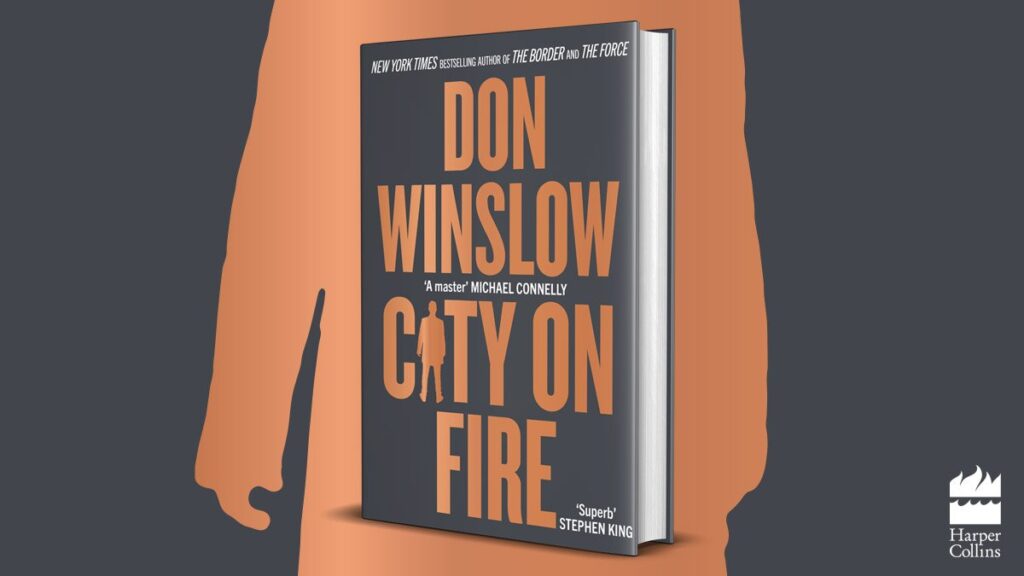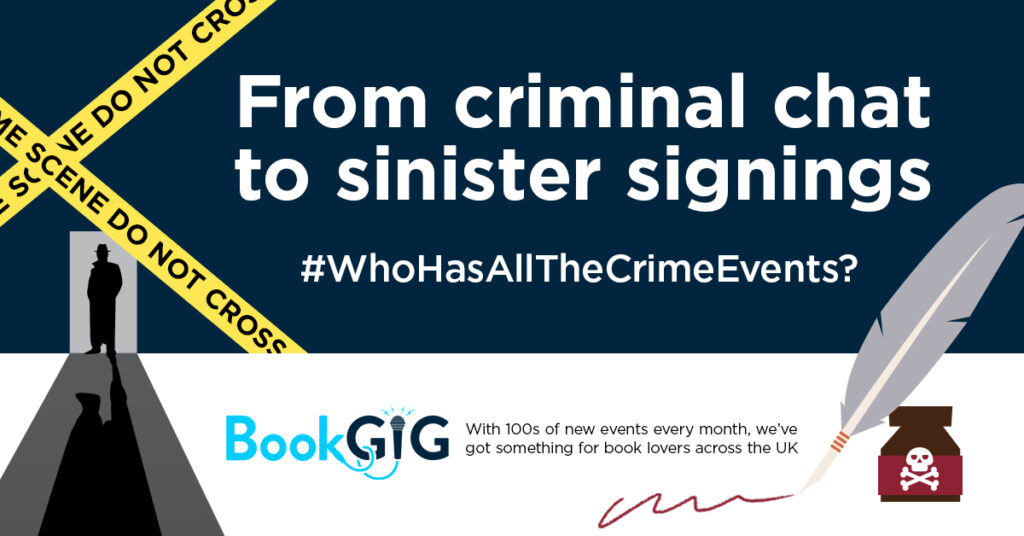 One of the qualities I most value in music, as in books, is a sense of mystery. In choosing my seven desert island records, I’ve tried to pick tracks which have something of that mysterious quality. In some cases, they even have at least a tenuous connection with crime fiction.
One of the qualities I most value in music, as in books, is a sense of mystery. In choosing my seven desert island records, I’ve tried to pick tracks which have something of that mysterious quality. In some cases, they even have at least a tenuous connection with crime fiction.
In that regard, Warren Zevon’s the most obvious choice. His song titles have been repeatedly borrowed for crime novels and films. He collaborated with crime writers such as Carl Hiassen. He was a friend of Ross MacDonald and had unfulfilled ambitions to write a crime novel himself. Many of his songs feel like excerpts from that unwritten fiction. I’ve chosen one of the most personal, ‘Desperadoes Under the Eaves’ from the Warren Zevon album. It’s a song about one of the lower points of Zevon’s career, when he was struggling with a lack of commercial success and growing alcoholism, but it’s full of mordant wit and terrific lines and somehow still manages to end on a note of hope.
My next choice, Pete Atkin, is as English as Zevon is American, but an equally interesting songwriter. He’s a criminally underrated talent, who’s been writing songs with the much more famous Clive James for over 40 years. They produced six terrific albums in the 1970s, then Pete went off to become a radio producer and Clive James went off to become Clive James. About fifteen years ago, Pete rekindled his musical career and the pair started writing together again. Their best song is probably one of their more recent ones, ‘Hill of Little Shoes’, an extraordinary piece about the Holocaust, but that might be a little intense for a desert island. So I’ve gone for one of their earlier compositions, ‘Faded Mansion of the Hill’ from the album Driving Through Mythical America, a wonderfully evocative song which James wrote about his native Sydney, but which could easily describe the California of Chandler or MacDonald.
I had to include something by Bob Dylan, who’s work has been a mild obsession since my teenage years. He tells stories that are always gripping, but which remain unknowable even after endless listening. I might have picked almost any track from Dylan’s artistic golden age in the mid-1960s or from ‘Blood on the Tracks’, but I decided to go for a more recent song, ‘High Water (for Charley Patten)’ from the 2001 album, Love and Theft. Much of Dylan’s work over the last decade or so is as interesting as his great work from the 1960s and 1970s, full of mystery and magic. I don’t think I’ve even begun to fathom the depths of these newer songs, so it would give me something to think about on the island.
My next choice is by Richard Thompson. Another great English songwriter, and another songwriter whose work seems steeped in crime fiction imagery. He name-checks Margaret Millar in one song, and other songs – ‘The Killing Jar’, ‘Vincent Black Lightning 1952′, ‘Woods of Darney’ – feel like condensed crime novels. But those might be a little dark for a desert island, so instead I’m going for an earlier and (despite the title) cheerier song from his first solo album Henry the Human Fly, ‘The Angels Have Taken My Racehorse Away’, which I suppose might provide the plot for a Dick Francis novel.
I want to include some folk music, which is another long-standing enthusiasm. There’s really only one candidate here – the great Nic Jones. Nic Jones was a highly influential figure in the English folk world in the 1970s, before a serious car accident curtailed his career. Until recently, he hadn’t performed or recorded for around 30 years, but I was lucky enough to see him do a short, stunning set on stage at the Queen Elizabeth Hall over this summer. I’ve picked my favourite song from his best album, The Noah’s Ark Trap, ‘Annachie Gordon’. As always, he’s taken a traditionally sourced ballad and made it entirely his own, but it retains a unique narrative drive and sense of the unknown – the feeling that there’s some essential part of the story you’re not quite being told. And I could listen to Jones’s voice and unique guitar style forever.
I struggled enormously to reduce my choices to a mere seven, and there were countless artists I had to leave out. For my sixth choice, I decided to go for a real rarity – an obscure single by Bob Pegg called ‘The Chapeltown Hawk’ (now available on a compilation CD, Keeper of the Fire). Pegg originally came, like me, from Nottingham and now lives in the Scottish Highlands. He’s best known as the leader of the much-praised but short-lived folk-rock band, Mr Fox, but he’s also made a few excellent solo records over the years. This song, and its flip side, ‘The Werewolf of Old Chapeltown’ , are weirdly prescient songs about the area of Leeds where Pegg was living at the time. Prescient, because they carry a sense of impending threat that was realised when the Yorkshire Ripper subsequently became active in the area – so much so that Pegg was later interviewed by the police, solely on the strength of having written the two songs! But ‘The Chapeltown Hawk’ is a wonderful blend of naturalistic detail and underlying mystery.
I’m conscious that most of the above selections are far from contemporary – probably because I’ve struggled to find younger songwriters or performers who offer the same sense of the enigmatic (any suggestion very welcome…). But my last selection is a little more recent. P J Harvey’s Let England Shake this year was the best new album I’ve heard in a long time. I’ve always like Polly Harvey’s music but this strange, evocative exploration of war and Englishness seemed both topical and timeless. It’s hard to pick a single track because the album works best as a whole, but, stuck on the desert island, I’d probably pick ‘This Glorious Land’ as a two-edged reminder of home.
Selecting a single book is even harder than selecting seven records. I’ll avoid contemporary crime fiction as any selection would be invidious, and I’m tempted to cheat by selecting, say, a complete Sherlock Holmes. But I think I might go for something quite different. Alan Garner’s long been one of my favourite authors. I discovered him first, as most people (including my own children) do, through his children’s books, but his more recent works, such as Standloper and Thursbitch, have confirmed that he’s a remarkable and unique writer. A few years ago, he published a collection of essays, The Voice That Thunders, that was one of the most thought-provoking selections of non-fiction I’d ever read. I’d take that, partly to help keep my mind honed and partly because Garner’s writing is so deeply-rooted in the North West of England that it would be a permanent reminder of home.
It’s much easier to select a luxury. If I’m allowed, I’d like a laptop (solar-powered, maybe) so that I could continue to write. That way, I could stave off boredom and, I hope, have something to show for my time when I was finally able to leave.


